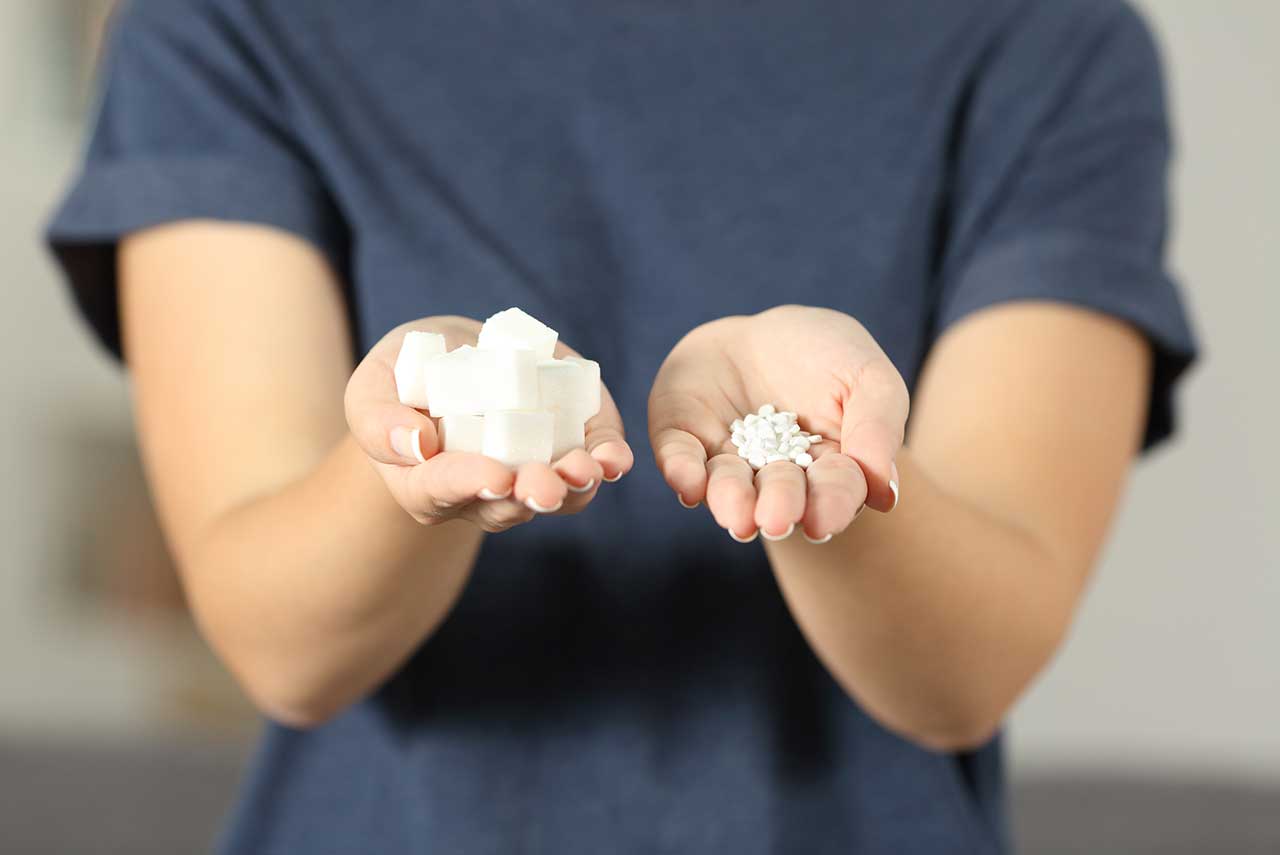
Per a 2014 study, fake supplements may be rampant. Find out more about the investigation and what you can do to ensure your supplements are legit.
In their column, “Health Advice”, Drs. Oz and Roizen, recently discussed “Supplemental Phonies,” i.e., fake supplements. The doctors referenced a study that looked at 44 herbal products, 30 species of herbs and 50 leaf samples. The study concluded that:
- 59% of the products contained material from plants NOT listed on the label.
- Just 48% contained what they claimed as the active ingredient.
- Of the 12 companies researched, only two delivered what they promised on the label without any substitutions.
Study Conclusion
The study used DNA barcoding to conduct a blind test of the authenticity for 44 herbal products representing 12 companies."Most of the herbal products tested were of poor quality, including considerable product substitution, contamination and use of fillers. These activities dilute the effectiveness of otherwise useful remedies, lowering the perceived value of all related products because of a lack of consumer confidence in them. We suggest that the herbal industry should embrace DNA barcoding for authenticating herbal products through testing of raw materials used in manufacturing products. The use of an SRM DNA herbal barcode library for testing bulk materials could provide a method for 'best practices' in the manufacturing of herbal products. This would provide consumers with safe, high quality herbal products."See the abstract of the study

